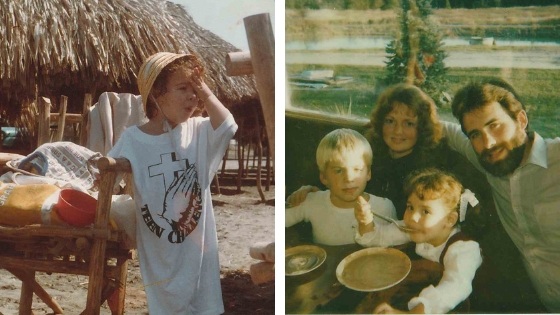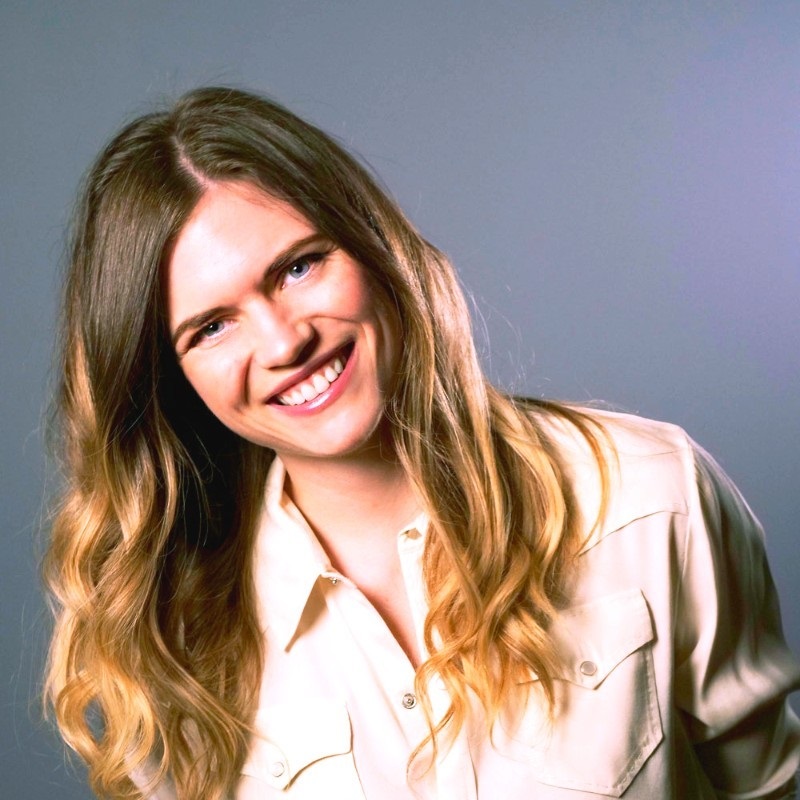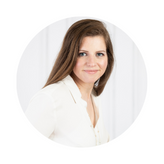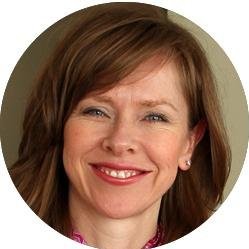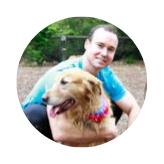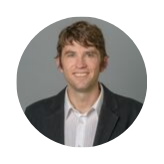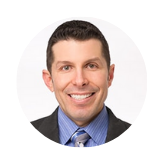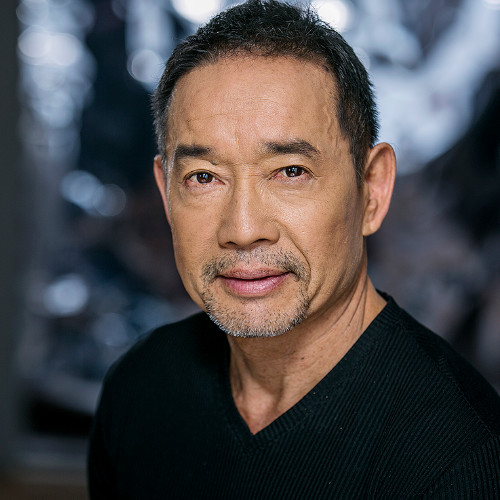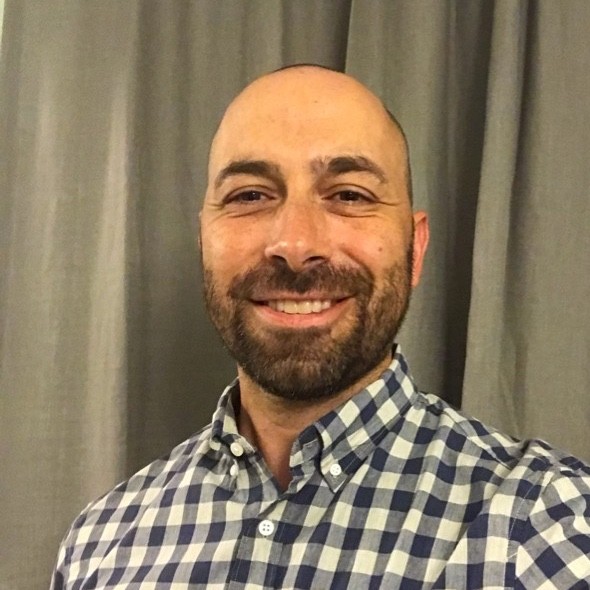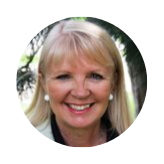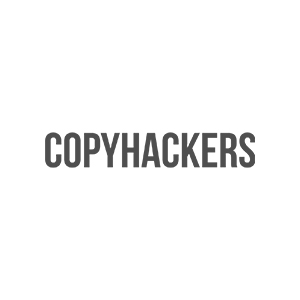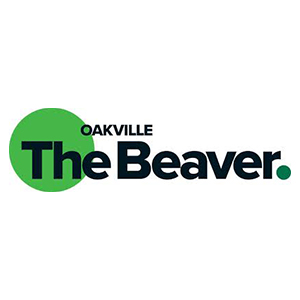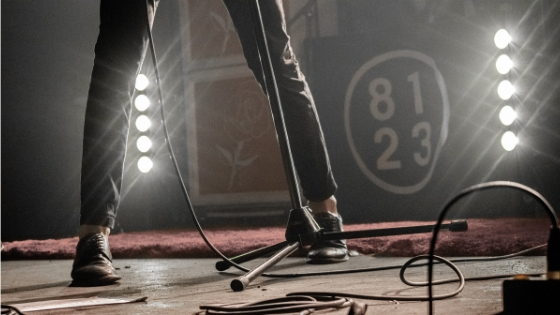
Everything I know about Baltimore and Agora Financial combined you could fit on the head of a pin.
Chalk that up to copywriter allegiances. I’m of the Copyhackers ilk.
Copyhackers grew up with web 2.0, made possible by data. Joanna Wiebe coined the term “conversion copy” around the Big Idea that we don’t have to guess at the messages that convert. The data is now out there, for the taking.
But there’s an older school of copywriting.
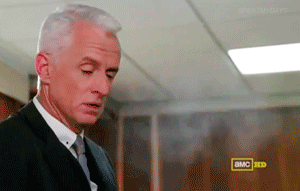
Men, mostly. Writers of classic direct response.
It’s there I’ve slotted Agora. Snap judgment, based on a Copy Chief podcast featuring Ryan McGrath. You can find episode #117 here. (Kevin Rogers is an excellent host.)
Ryan says Agora’s bottleneck is finding copywriting talent. His pet word, “ferocious”. He wants them hungry, I take it. (A little desperate, maybe?)
Agora flies prospective hires to Baltimore HQ for screening, part of which involves giving a personal pitch. An “about me” story.
Ryan said he was amazed at how many prospects failed not at public speaking, but at selling themselves.
That’s right. Public speaking, a feat that strikes universal fear, is not the problem. Talking about ourselves persuasively is.
Why writing about yourself is the hardest copy

It’s so hard. This is well known by anyone who has written their own bio, LinkedIn or dating profile. And the cardinal sin in each is egocentricity.
That’s because our About Us copy isn’t really about us. It’s about our audience.
Joanna Wiebe, for example, is an incredibly successful copywriter who shares very little personal information. If you follow closely, you may hear her say she grew up without piles of money.
It’s not a random share. That single confession signals Joanna knows the life-changing power of having enough money to make real choices.
Which is important to her audience. Which is WHY she shares it.
But if I stood up at Agora…
Knowing well I had to sound “ferocious”, what would I say?
I wouldn’t go with my story about how working in a PR agency made me realize the folly of paying for impressions.
Because Ryan McGrath would be looking for something raw.
Instead, I’d say I grew up steeped in conversion, turned my back on persuasion, and suffered before learning to love sales.
Because here’s something few people know:
My parents were missionaries. That’s right, protestant evangelists for Christ. Such jobs existed in the ‘80s. (Do they still?)
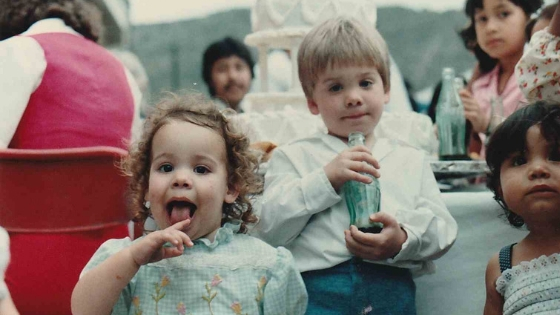
By age four, I’d seen them save souls in Puerto Rico, Mexico, and Colombia. This in the time of Pablo Escobar.
While other kids were watching Carebears, I was watching direct response in situ.
Poverty aside, it was a copywriter’s dream. They had their pick of the ultimate benefits — absolution, community, personal transformation. Plus, the big-seller, eternal life.
And they knew their audience. It’s easier to sell the promise of an afterlife when your current life feels far from heaven.
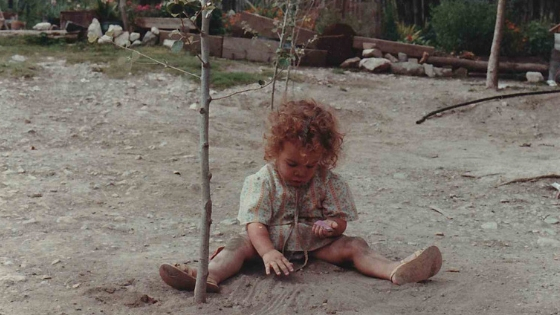
But they sold in North America, too. Conversion for the rehab/probation market. Marriage renewal. Membership in soft rock, contemporary-on-the-outside kind of churches.
About this, I would say that if you’re in the business of persuasion and have not yet been to a born-again service, it is a masterclass.
They invented the testimonial.
And consider this: religions make the invisible and untestable credible to billions based almost entirely on social proof. ‘Cause nobody’s joining for the free coffee at the back of the room in the giant steel canister!
All of this I absorbed by osmosis until I was old enough to find it embarrassing. At which point I told myself, “I can’t sell. That’s what they do.” The whole artfully calibrated pitch (built on guilt, hope, fear).
I went hard in the other direction. Denied myself the tools of emotional persuasion. Quit PR because it was too manipulative. Ended up working in a sort of think-tank for strategic planning where I could talk like an automaton all day.
But by refusing to sell, I was limiting my own powers.
Until I discovered conversion copywriting
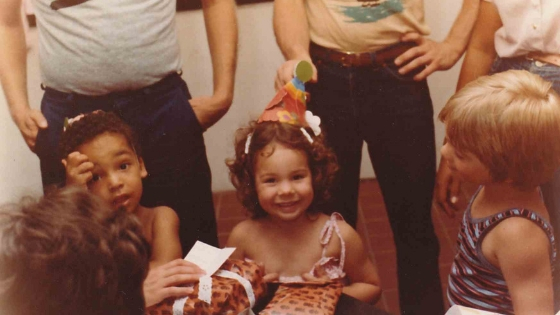
25-year-old me would have said, no way. Too much like religious conversion. (That copywriting Moment of Highest Tension? It’s just another Come to Jesus call. Plus, all that dirty money!)
But 35-year-old me was hungry. Had been hungry for years.
Because I had children. Because my ivory tower team became surplus. Because I realized my earnings would always be commensurate with my impact on the bottom line.
And until I started copywriting, I couldn’t prove my ROI.
I remember interviewing for this org development job in a beige hospital office with ceilings barely above my 5”4 height. The salary was $65k. Not enough for Oakville.
It was then my one goal crystallized: to get as close to center of profit as an arts grad possibly can. To be indispensable.
When I saw the light, Joanna Wiebe was standing there, arms outstretched, saying, “Anna, you can be the most profitable person in the room.”

Thanks to Copyhackers, today I am my parents’ sales-steeped child, with a better paycheque.
I sell emotion. I leverage social proof and belonging. I make clear the risk of doing nothing. And I never forget that deep down, we’re all looking for absolution and transformation.
Learning that to sell, isn’t sleazy
Here’s a revelation: people want to be sold. They want to believe that your product, service, or movement will unlock a better version of themselves.
It would be wrong to use the powers of persuasion if my clients couldn’t deliver. But when I have faith in an offer, I no longer hold back on selling the dream.
Because the customers who get the best results first become believers.
And here’s the thing. What people really need, what’s really rational and sensible, like social and economic justice — those ideas have to be sold, too.
We just have to pitch the good stuff at a visceral level and sell to the heart first. That’s where decisions are made.
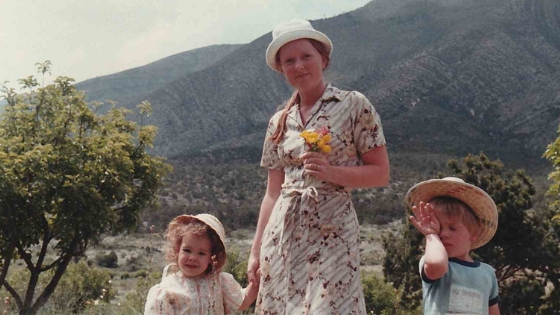
This is the single most personal thing I’ve ever shared online. My real copywriter backstory.
Why share? Not because I covet those Agora gigs, with the relocation to Baltimore and presumably, a passing interest in finance.
Stories sell. That’s why we use them in copywriting.
I’m sharing this as an example of the “Hero’s Journey” story model we use in copywriting. It’s a story of transformation that follows the classic arc of adventure:
From denial of the call to adventure (or the call to a higher purpose)…
To the discovery of the guide who equips you to meet the adventure…
To personal transformation (revelation and newfound power)…
And finally to right action (sharing what you’ve learned to help others).
This is the underlying structure of stories you’ll find again and again in mythology, fiction — and copywriting.
We use the Hero’s Journey storytelling framework because it’s powerful.
Stories like these demonstrate to your audience that through your experience and struggle, you’ve discovered a way to rise above… and that now, you can help others.
Storytelling in Copy vs. Creepy Self-Indulgence
As copywriters, we excavate others’ stories. We know how to find that arc of the Hero’s Journey and make it powerful for your audience.
When you’re doing it for yourself, it can be hard to draw the line between a relevant, illustrative, entertaining story and a face-palming overshare. This is my practice round.
It’s a science – because we have the formula – but it’s also an art.
We need to discover at what point opening – oh god, not the kimono! No, at what point opening ourselves through story proves our authority and serves our audience. Without crossing into self-indulgence.
Need a copywriter’s help telling your story?
If you need help crafting stories that sell, there are three ways we can help:
- Book a free consultation if you’re in B2C e-commerce and hiring for conversion copy
- Get on my calendar faster when you book a Conversion Copy VIP Day
- Rather DIY? Check out the Website Copy Framework, which includes guidance on writing your About story
In closing, I leave you with one last photo.
